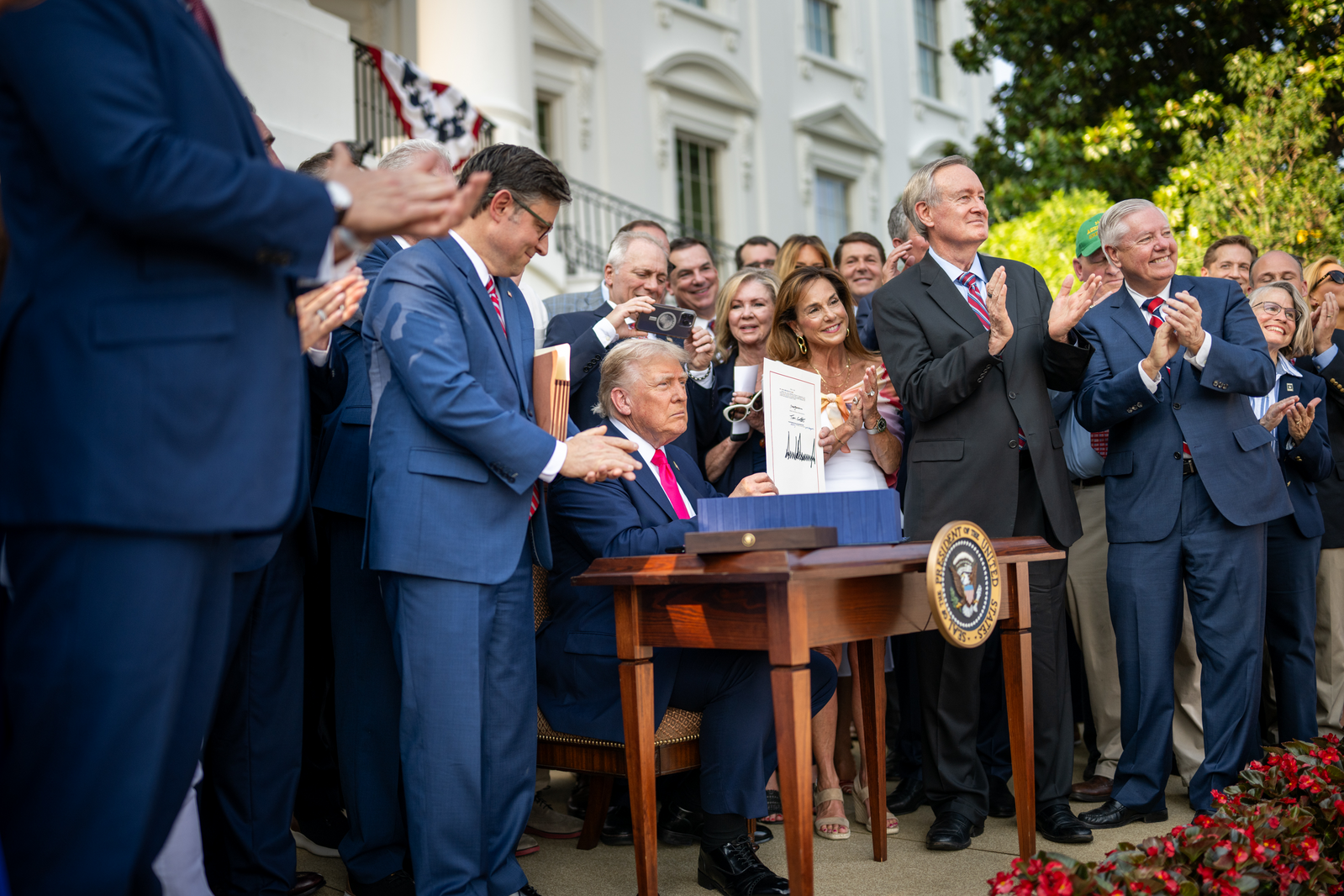Politics
Vegas Workers Say Trump’s ‘No Tax on Tips’ Law Isn’t Paying Off
By Jake Beardslee · October 8, 2025
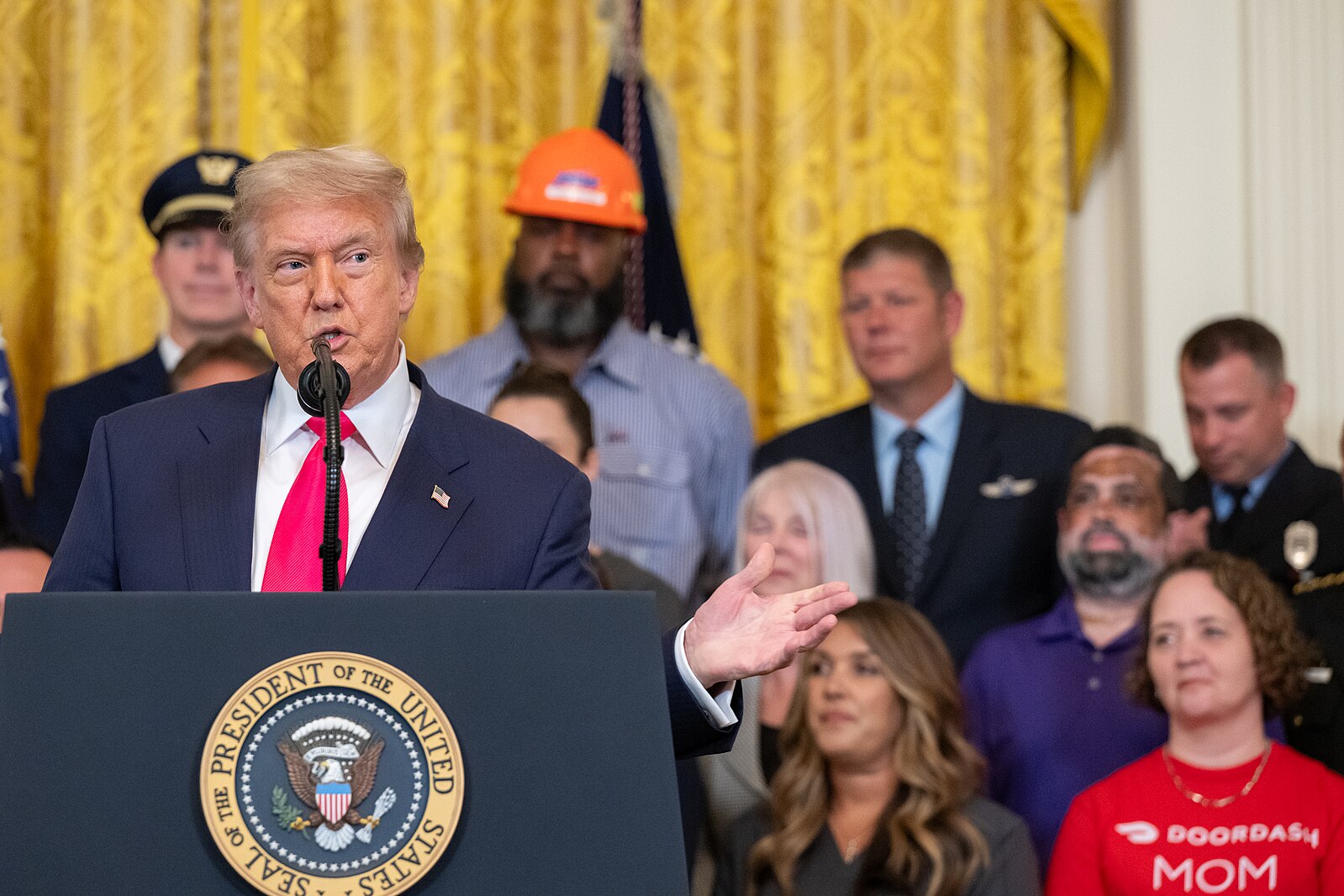
Campaign Promise Revisited
What once sounded like a winning card in Donald Trump’s 2024 campaign — the promise of “no tax on tips” — is now being challenged by Las Vegas hospitality workers and policy experts. The pledge, enshrined in the One Big Beautiful Bill Act (OBBBA), is attracting criticism as its real-world impact falls short of expectations. The White House / Wikimedia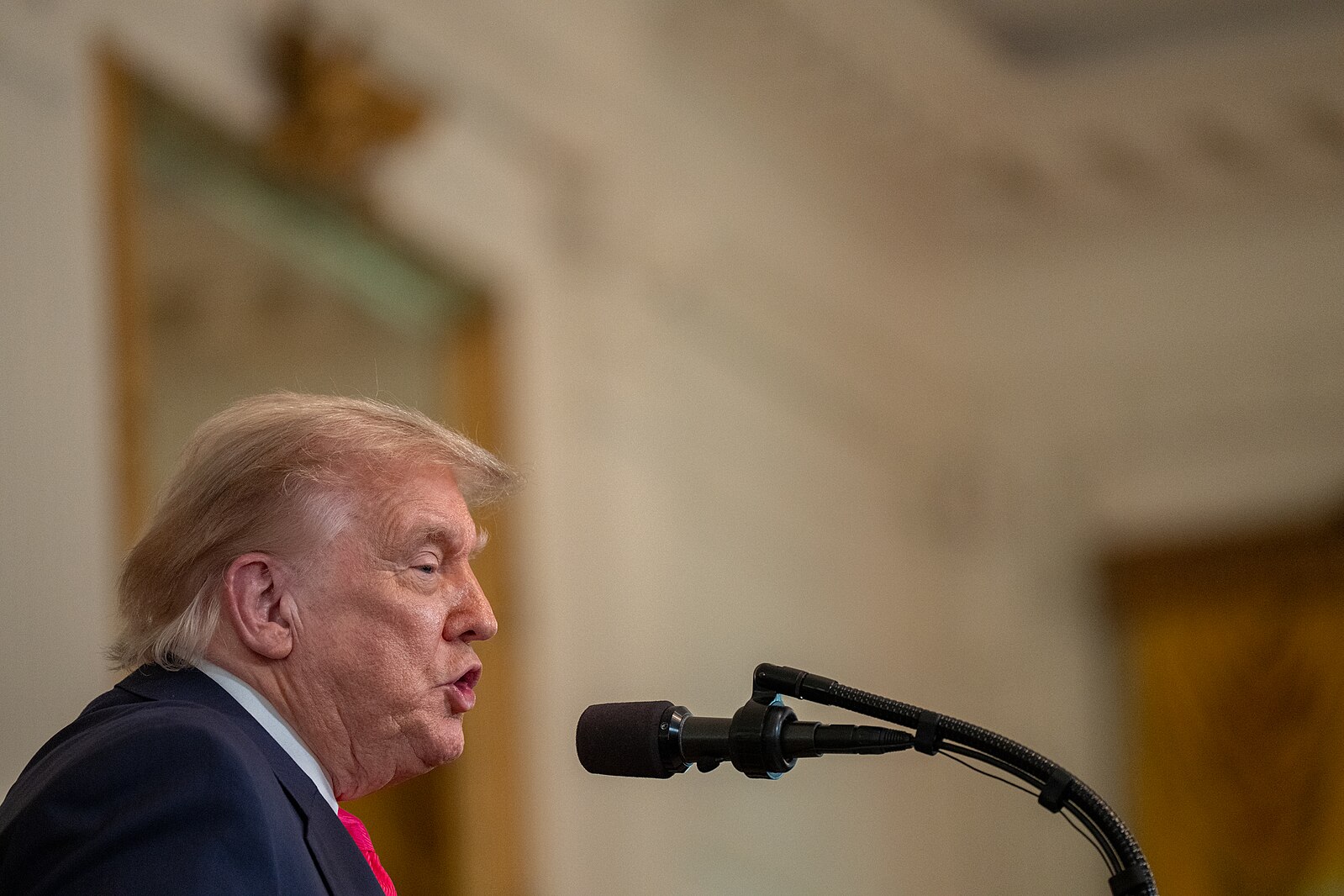
Union Backlash and Worker Frustration
Some local workers say Trump's promise feels misleading in practice. Debra Jeffries of the Culinary Workers Union called it “quite a bait and switch from the campaign days,” she told Las Vegas NBC affiliate KSNV. The union’s secretary-treasurer, Ted Pappageorge, described the law as “a slap in the face to workers.” The White House / Wikimedia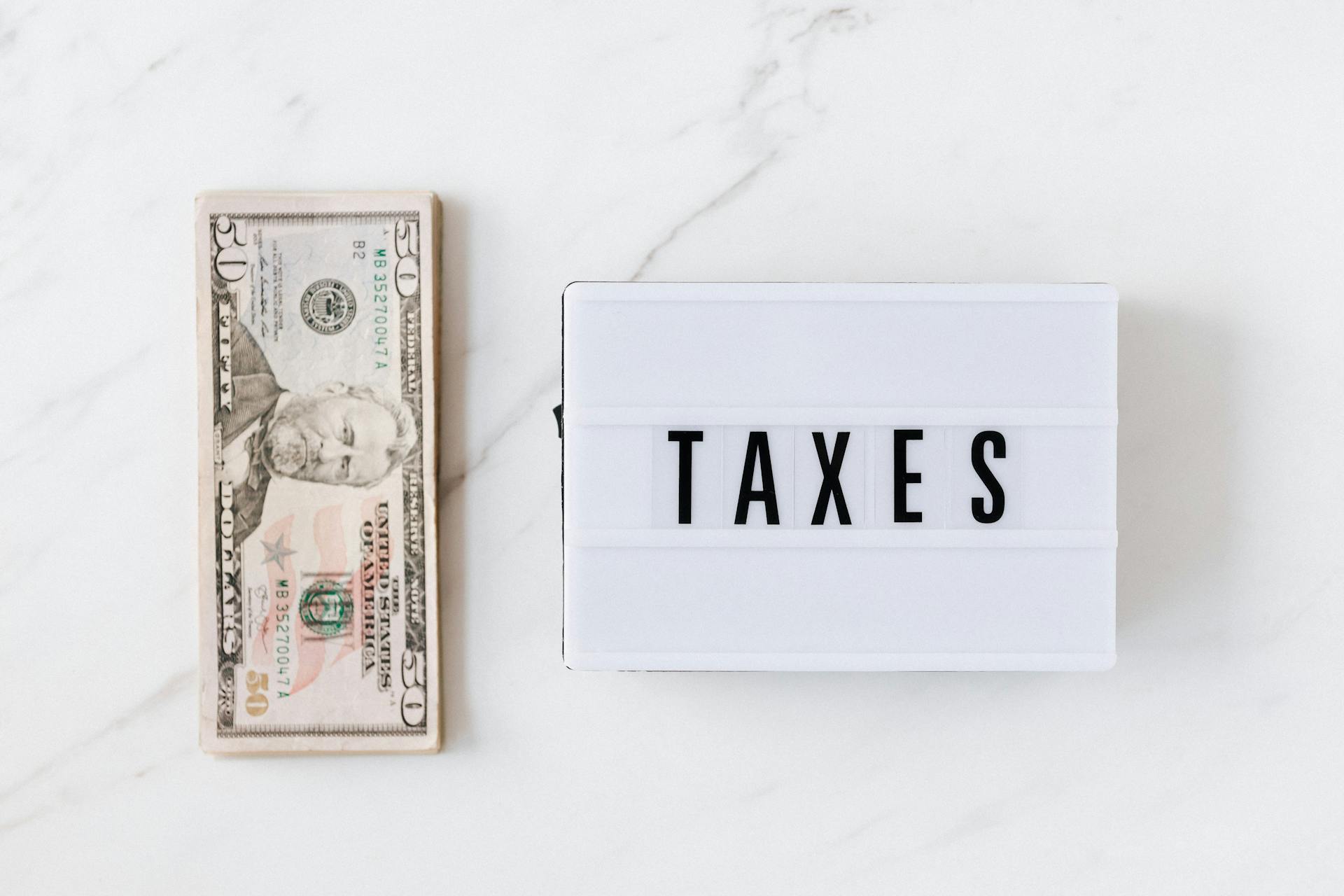
Tax Deduction, Not Tax Immunity
Under the law, “no tax on tips” doesn’t mean tips are entirely tax-free. Instead, eligible workers can claim a deduction on up to $25,000 of tips. Tips can still be taxed for Social Security and Medicare. Additionally, only those in qualifying industries (hotels, restaurants, wellness, repair services, etc.) are eligible, and the benefit phases out at higher incomes (individuals above $150,000, couples above $300,000). Kaboompics.com / Pexels
Limited Reach for Low-Earners
Many tipped workers may see little or no advantage. According to Yale Budget Lab data, in 2023 about 37 % of tipped workers earned too little to owe income tax, meaning they wouldn’t benefit from the deduction at all. The Tax Policy Center estimates that only ~60 % of tipped households would gain anything, with an average tax savings of ~$1,800—but for lower-earning workers, the benefit could be as little as $450 or even $10. In the restaurant sector, One Fair Wage found that about 66 % of tipped workers wouldn’t benefit at all. Anna Shvets / Pexels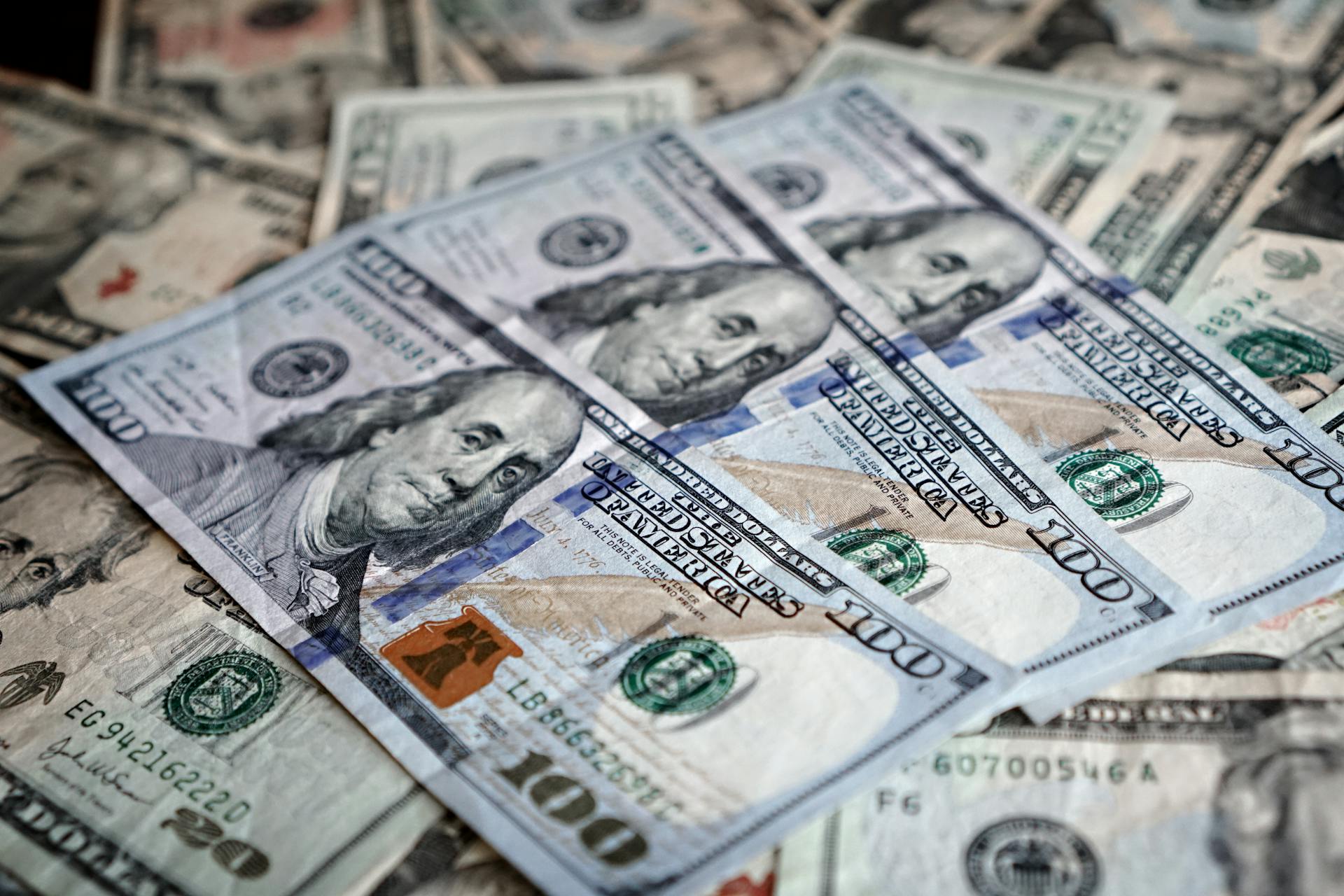
Risk of Wage Suppression
Some analysts warn that employers might exploit the law to justify lower wage offers, reasoning that since some tip income can be deducted, overall compensation expectations might decline. DΛVΞ GΛRCIΛ / Pexels
Collateral Damage: Welfare and Healthcare Cuts
Beyond the tax code, the OBBBA also brings cuts to Medicaid, SNAP, and CHIP that may heavily impact tipped workers. The Center for American Progress estimates these benefit cuts will impose financial losses that dwarf the gains from the tip deduction. For some, the loss of SNAP eligibility or Medicaid could offset or surpass any tax relief. RDNE Stock project / Pexels